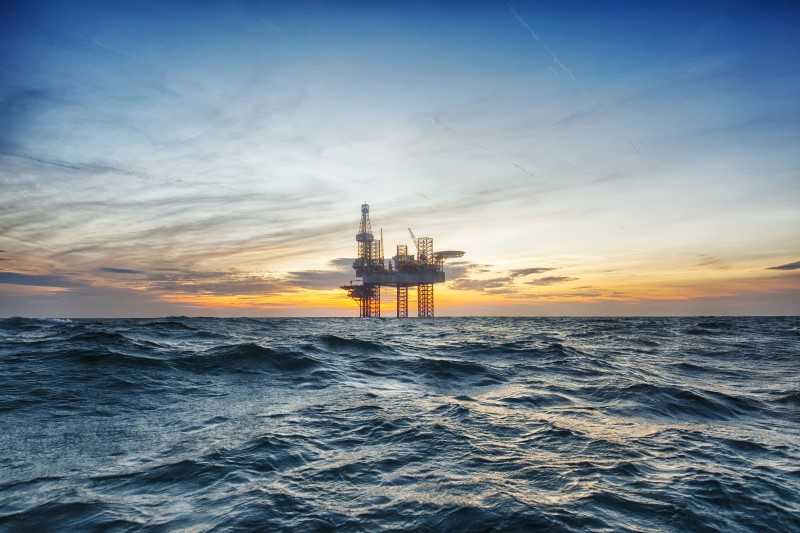Vincent Van Quickenborne, Belgian Federal Deputy Prime Minister and Minister for the North Sea, Zuhal Demir, Flemish Minister for The Environment and Energy, and Dan Jørgensen, the Danish Minister for Climate, Energy and Energy Supply, entered into a ground-breaking agreement to enable captured CO2 to be shipped across their borders to be permanently stored in a sandstone reservoir 1800 meters beneath the seabed of the Danish North Sea.
The agreement allows Project Greensand to move forwards with Europe’s first ever trial of the entire supply chain for carbon capture and storage to be carried out later this year.
Carbon Dioxide, captured by INEOS from its plant at the Zwijndrecht site can now be shipped via the port of Antwerp to INEOS’ Nini West oil platform 200 kms off the West Coast of Denmark where it will be injected as a liquid, into the former oil field below the seabed surface.
There is currently no captured CO2 in Denmark that is suitable for storage in connection with the demonstration phase of Greensand. But with the new agreement, it will be possible to transport captured CO2 from INEOS in Belgium to Project Greensand’s storage locations in the North Sea.
Project Greensand is one of the frontrunners of CO2 storage projects in Europe. It brings together a consortium of 23 specialised companies, research centers, institutions and logistics partners led by INEOS and Wintershall Dea, with an ambition to eventually store up to 8 million tonnes of CO2 per year by 2030.
Vincent Van Quickenborne, Belgian Federal Deputy Prime Minister and Minister for the North Sea: “The development of new methods to reduce carbon emissions is vital for the future of our planet. The sea can play a key role in this. Not only has it always been very important for regulating our climate, but it also offers opportunities for carbon capture, recycling and storage. Our Belgian industry is very much involved in this. The Greensand project is one of the leading CO2 storage projects in Europe. This is a promising technology. We have signed an agreement with Denmark to cooperate on this so that we can store our captured CO2 in their empty oil and gas fields.”
“We are very pleased that the Danish Minister of Climate, Energy and Energy Supply and the Deputy Prime Minister and Minister of North Sea of the Belgian government as well as the Flemish Minister of Justice and Enforcement, Environment and Energy have concluded this groundbreaking agreement. It has been the subject of many and lengthy negotiations – and we would like to acknowledge their great efforts. This is an important step forward to continue Project Greensand, which is making an important contribution to the green transition in Denmark,” explains Søren Reinhold Poulsen, project director of Project Greensand.
Roel De Vil, site manager INEOS Oxide in Zwijndrecht, said: “INEOS Oxide has built on extensive experience in capturing CO2 emissions from its ethylene oxide process. Over the past 12 years, we have worked in collaboration with two other industrial partners to capture, purify and liquefy CO2 on the site. Thanks to our expertise, we can supply CO2 that can be used for the pilot project. In addition to our role in the Greensand consortium, INEOS will also be the first Belgian company to store CO2 in the Danish North Sea under the agreement. The project will play a pioneering role in the refinement of carbon storage technology and will make an important contribution to the achievement of the Danish, European and Belgian climate objectives. “
Jacques Vandermeiren, CEO Port of Antwerp Zeebrugge: “Seeing is believing. This project will demonstrate very tangibly that the storage of CO2 under the North Sea is technically possible and can also be carried out safely. I’m delighted to work together with INEOS as part of the Greensand project, carrying out this pilot from the port of Antwerp as a first mover, giving us a front row seat to support it. CCS (‘carbon capture and storage’) is therefore an indispensable intermediate step in our transformation to a sustainable port.”
